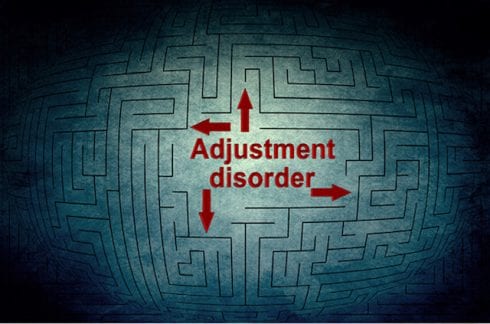
I was asked this question again last week and it seems to be a very common question asked of me. People want to know, ‘when will this intolerable pain end, how will I ever stop hurting’? I have to be honest and say that grief never goes away, it ebbs and flows like the tides. Psychiatrist Irvin Yalom compares grief with ‘staring at the sun’. We can only feel the pain of doing this for so long before looking away. Then we might look again, and again but for shorter periods.
Sometimes an anniversary or a family gathering will take place, and grief for the person missing might feel more consuming than at other times.
Everybody experiences the death of a loved one in different ways. Often people will come to me for therapy because a death has been traumatic or untimely. Grief can then coincide with a sense of injustice and anger at the world. It can rock the core of, for example, a persons religious beliefs, ‘why would my God take someone before their time is due’?
Speaking to a woman who lost her parents when she was aged 10, she says, ‘I felt utter shock, disbelief, terrible fear and panic. I felt it in my stomach and had to catch my breath. I used to think I could see my mum if someone looked familiar’. I asked her how she felt now as an adult. She said, ‘a lot of people turn to religion or spirituality but I don’t necessarily, I believe when you go, you are just at peace. I have encountered people who are resentful of others with parents, I’m not though’.
What about a parent who loses a child? Surely that would possibly be every parents worst nightmare. As a mother myself it is something too big for me to even contemplate.
I spoke with a father of a daughter who passed at the age of 21. He said, ‘I feel as though I am living in a nightmare from which I can’t wake up. I keep torturing myself with looking at her Instagram account and it is as though she is still here. I find it so hard to see her friends have moved on and I am still stuck in this surreal place. As the time is going on and people are moving on with their lives, I am finding that without thinking, I am functioning better. But, I will never stop grieving for my daughter, ever’.
Even when we lose our parents in a natural way due to old age, it can create huge feelings of grief. Added to the fact that our parents are no longer there for us as parents often are, I have had people refer to the fact that they now feel as though they are ‘orphans’. For some, there can be an existential crisis, which brings around feelings of their own mortality as thay are next in the natural order to pass over.
Elizabeth Kubler Ross wrote a book called ‘On Death and Dying’. She believes there are five stages to accepting death for terminally ill patients and their care givers. If we can observe these, we might be more prepared for the grief process. Whilst no book is a ‘one size fits all’ she points to our cultural attitudes to death and how this can hinder the whole process of grieving. As we become a more secular society, notions of religion, afterlife and spirituality are being called into question more than ever before. Kubler Ross devotes a chapter to the patients family and this is very useful when an expected death occurs.
So when I am asked ‘when will This grief end’, I always maintain that the grieving process never ends. It simply becomes easier to deal with as time passes. People live on through their legacies, through conversations about them and through their family, even if they are no longer physically present. Allow people to grieve and be supportive when they are struggling.
There is an excellent charity called The Good Grief Trust (thegoodgrieftrust.org) that helps with all forms of loss and grief including children, partners, parents, siblings friends, older generation and young people.
‘Don’t walk in front of me, I may not follow . Don’t walk behind me, I may not lead.Walk beside me , just be my friend’. Albert Camus.









